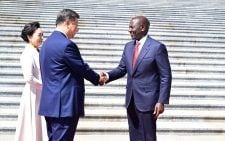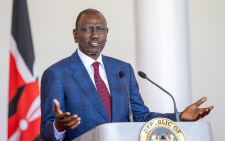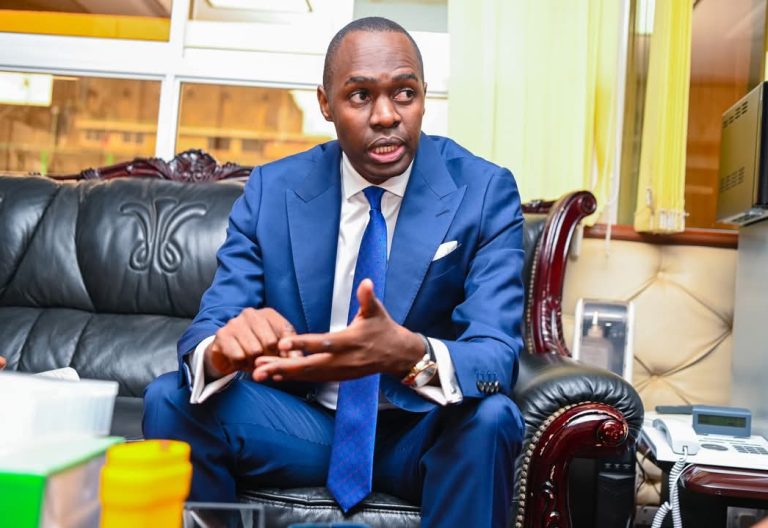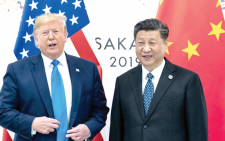Recycle same crooks, expect no change
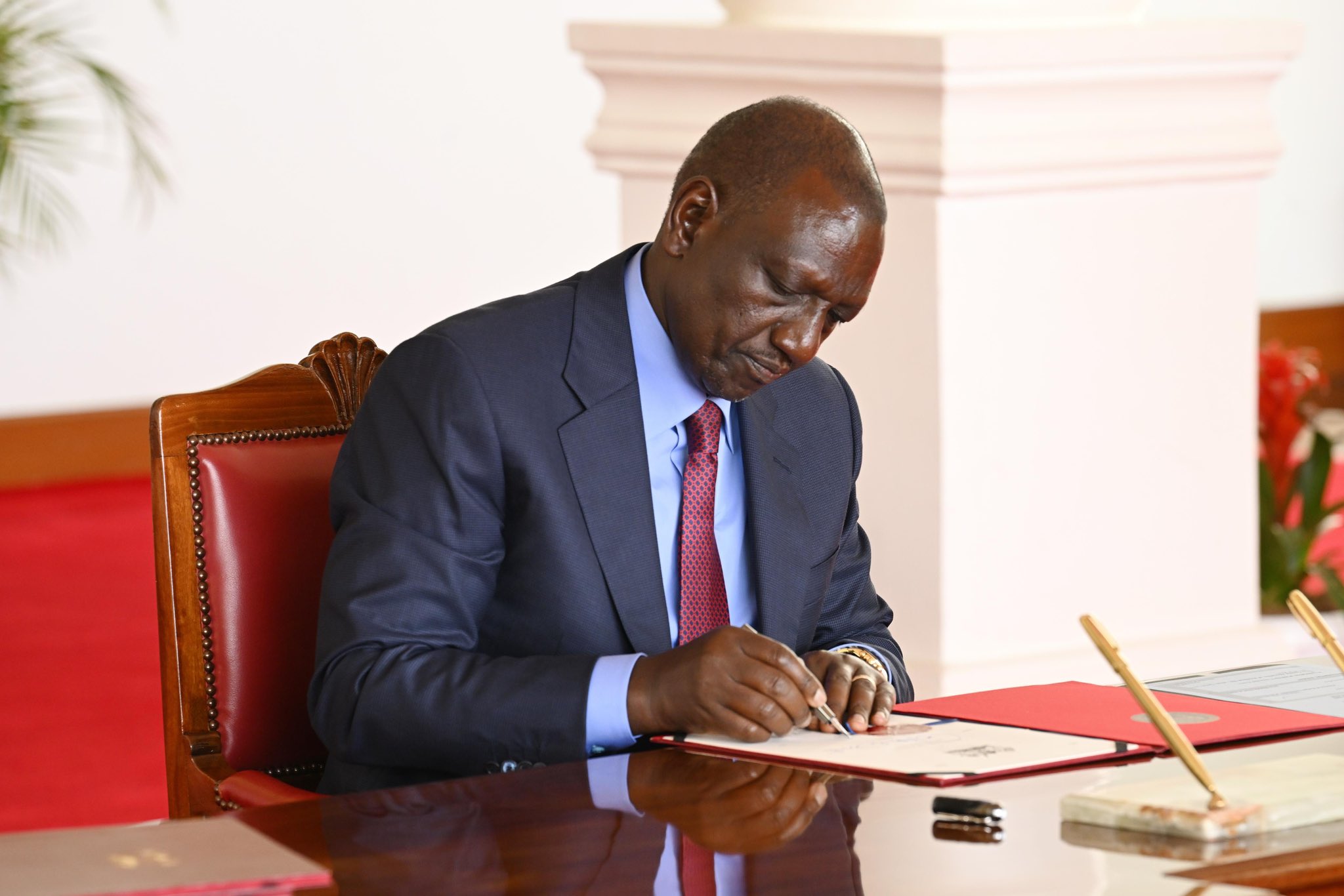
Kenya is trapped in a vicious cycle of political deceit, a system so deeply entrenched in corruption and impunity that it continues to suffocate the nation’s progress.
Decades after independence, Kenyans continue to be sold the same false promises by individuals who, at one time, were the chief architects of the very problems they now feign to solve.
The painful irony of our politics is that the same old faces, who for years looted public resources and fuelled ethnic hatred, are the ones now packaging themselves as reformists and saviours.
They have mastered the art of deception, reinventing their narratives and switching political allegiances to remain relevant in the ever-changing political landscape.
In their hands, every regime change is nothing more than a mere redistribution of loot and power among the same clique.
Kenya’s political elite never seek to heal wounds but rather to manipulate them for personal gain.
Post-independence Kenya saw the betrayal of the ideals that the freedom fighters fought for, as a new class of rulers emerged, hijacking power to amass wealth while the ordinary citizen remained shackled in poverty.
Political assassinations, election rigging, and economic sabotage became the tools of governance.
The 1990s witnessed the height of political violence, state-sponsored tribal clashes, and economic collapse engineered by the very people who today position themselves as patriots.
Some of the most vocal critics of the status quo are the same individuals who, when in power, presided over scandals like Goldenberg, Anglo Leasing, and the plundering of public coffers.
They only found their voices when pushed out of government.
Kenya’s political system is built on a culture of recycling leadership. The script is always the same.
A politician falls out with the ruling class, rebrands as an opposition figure, wins public sympathy, and eventually gets back into government.
These politicians merely take advantage of public discontent to advance their selfish ambitions.
Whether in the ruling party or opposition, they are all driven by the same underlying motive of raw power and wealth.
Their promises of economic revival, job creation, and social equity are nothing more than bait to deceive the electorate.
A prime example of this deception is Kenya’s persistent cycle of economic dependency.
Speaking in Mombasa a few weeks ago, former President Uhuru Kenyatta highlighted the government’s misplaced priorities after officials lamented the withdrawal of USAID funds by the Trump administration.
The funds had been used to support critical health sectors such as HIV management.
How is it that after 60 years of independence, Kenya still cannot sustain its own healthcare systems without foreign handouts?
The electorate must reject these political chameleons and demand fresh, principled leadership.
The only way to uproot this entrenched rot is through a bold, conscious decision by Kenyans to elect individuals with integrity, a track record of genuine service, and a commitment to transformative leadership.
Fresh leadership means individuals who have not been tainted by the greed and deceit that has defined Kenyan politics for decades.
It means leaders who are not beholden to cartels, who are not products of political dynasties, and who do not thrive on tribalism and patronage networks.
Citizens must realise that the power to change the course of the nation lies in their hands. It is not enough to lament on social media or complain in private conversations.
The future of this nation depends on breaking away from the toxic cycle of electing the same faces and then feigning shock when nothing changes.
Kenya’s potential remains untapped, not because of a lack of resources or talent, but because of a political system that rewards thieves and punishes integrity.
The time to dismantle this system is now. The question is, will Kenyans rise to the challenge, or will they remain stuck in a perpetual cycle of betrayal?
— The writer is a PhD student in International Relations
